Find our Inspection team's official review, here. Below, one MICHELIN contributing writer on what makes the Ace Hotel Kyoto the perfect base for a first-time traveler to Japan.
The Ace Hotel Kyoto is massive, beautiful and full of creature comforts. The Ace Hotel Kyoto is not, however, a traditional Kyoto experience. Once you’ve found your sea legs in Japan, you might jump from the Ace for a stay at a hyper-traditional ryokan in the countryside. But if you have any hint of trepidation over language or cultural barriers — or you just want a taste of international cool to return to after a day of exploration — Ace Kyoto is your spot.
Traditional touches are thoughtfully woven throughout the details of the hotel, from the artwork in the rooms to the lantern-like light fixtures. But at its core, the Ace Hotel Kyoto feels like a well-curated modern oasis, with a Japanese-style photo booth in the lobby and a display of records and tote bags located next to the check-in desk.
You won’t feel out of your element here as an international traveler, and for some, that’s the ideal experience. After all, taking home a fun tote bag as a souvenir and grabbing your reliable cup of coffee can be appealing, especially when you’re on a trip that might feel out of your comfort zone.

Location: The City Center
Given Kyoto's typical role as a stop on many travelers' Japanese itineraries, the Ace Hotel Kyoto stands out not only for its convenience but also for its prime location in Nakagyo Ward, which directly translates to “central capital ward.” That means that coming home to Ace Hotel Kyoto is a strong juxtaposition after a day of exploring shrines and history-rich neighborhoods like the Gion district — also known as the geisha district — famous for its quaint, narrow streets.The Ace’s district, in contrast, is Kyoto’s center for nightlife and shopping. The hotel is located right above a train station and in walking distance from the Kyoto Gyoen National Garden, convenience stores galore (suffice to say: these are not like the convenience stores in America), plenty of bars, and the popular Mikane Shrine. There are endless options for entertainment and dining, including a truly phenomenal selection of MICHELIN restaurants (Eitaroya, SATOWA, and Muromachi Wakuden, to name a few).
It's worth noting too that the Ace is an easy home base if you want to check out hotspots like Nishiki Market and the Kyoto Art Center, which are both just a short, 10-minute walk away.
Since it’s located just above the Karasuma-Oike subway station, getting here is simple if you arrive in Kyoto via the Shinkansen (the bullet train), and while you’ll find many of the shops here cater to tourists, every part of the city is accessible from the train just below your room.

History & Architecture: Thoughtfully International
The hotel itself is a new addition to Kyoto, but the Ace Kyoto building has a history that adds depth to its origin story as the first Ace Hotel in Asia. The 213-room hotel is located in the former Kyoto Central Telephone office building — which was designed by Tetsuro Yoshida, one of the pioneers of modern architecture in Japan — and it was originally built in the 1920s. And while one portion of the outside of the hotel resembles a refined Brooklyn warehouse, another section blends more seamlessly with its Japanese surroundings, with an emphasis on wood materials and expansive windows.Ace Hotel Kyoto’s timeless architectural approach is the result of a thoughtful collaboration between Japanese architect Kengo Kumo — known for his use of natural materials and emphasis on blending structures with their environments — and a Los Angeles-based firm, Commune Design. As a New Yorker, the hotel’s design felt similar to what I’m accustomed to at home, echoing decor choices you might see at 1 Hotel Brooklyn Bridge, for example. Wood, stone and other natural textures are integrated throughout the hotel to create an atmosphere that feels industrial and modern, a notable contrast to the design choices you might see at an older, more traditional Kyoto hotel.
Rooms are split between the new and old portion of the hotel, with all featuring artwork by storied Japanese artist Samiro Yunoki. The lovely lantern-inspired light cast a soft glow over my Standard King Room, which was simple yet spacious, with plenty of room to unpack in the wardrobe closet and a view that was perfectly lovely, even if it couldn’t compete with some of Tokyo’s jaw-droppers.
In the lobby, you’ll find amenities notably conducive to digital nomads—for one, a long table for spontaneous coworking, along with some nooks to sit and relax.

The Food & the Vibes: Everything Intentional
There’s a wide range of dining offerings available at Ace Hotel Kyoto, and the Ace tends to stick with what it knows — leaving the more authentic Japanese cuisine to the endless spots around the neighborhood. Instead, the Ace cuisine embraces its international roots, including at restaurant and rooftop bar Mr. Maurice’s Italian, which has beautiful views of the city, seasonal farm-to-table restaurant Kōsa (“Californian Kyoto” cuisine), bar and taco lounge PIOPIKO, and even a Stumptown coffee (origin: Portland, Oregon). The convenience of these spots, coupled with their international undertones, draw both guests and locals.For a more traditional experience at the hotel, afternoon tea is available in the hotel’s main dining room on the third floor. Room service is also available for guests, and each room is stocked with a bar and snacks.
Even with the international touches in mind, in some places, Ace Hotel Kyoto’s ambiance is enriched by an intentional blend of local Japanese culture and community. The hotel, for example, curates a vibrant atmosphere through local Japanese artist exhibitions, workshops, and events, like an organized lobby conversation with a Pulitzer Prize-winning writer and National Geographic explorer. Depending on availability, guests can also participate in traditional Japanese tea ceremonies, flower-arranging workshops, and live music performances, enriching experiences clearly aimed at celebrating the traditions, culture and creativity of Kyoto.
No matter what you’re looking for, there’s a lot to love about Ace Hotel Kyoto — an extension of a long-beloved American boutique that brings its sensibilities to Japan. It’s an international kind of stay, but that shouldn’t discourage those on the hunt for the more traditional side of Kyoto. At the end of the day, you’ll have a (very lovely) place to lay your head after long hours of exploring the ancient city.






Top image: Ace Hotel in Kyoto, Japan.



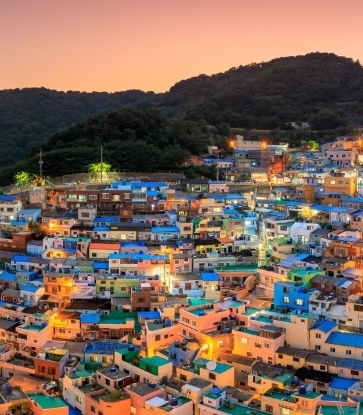


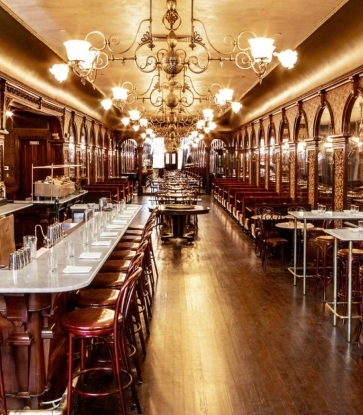
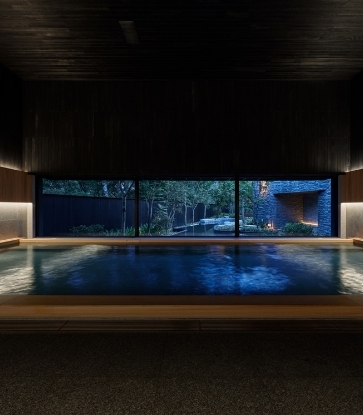
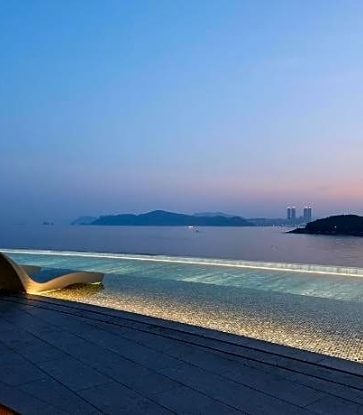

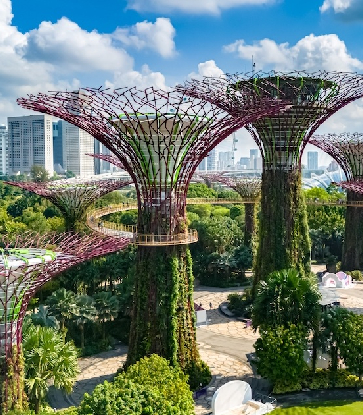
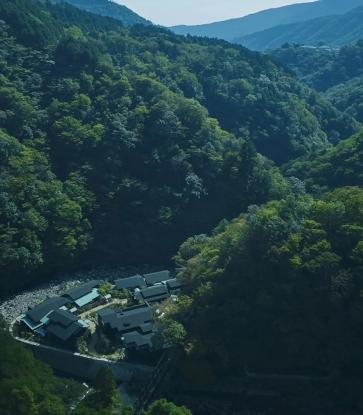
%20-%20Aman%20Nai%20Lert.jpg)


